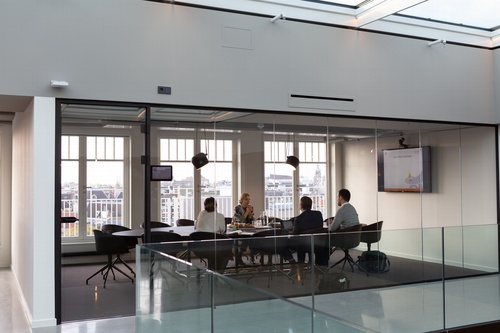
There are many reasons why a tenant might wish to exit a commercial lease some time before the lease is due to end. It may be that the premises are no longer suitable because of business expansion, contraction, or altered plans.


There are many reasons why a tenant might wish to exit a commercial lease some time before the lease is due to end. It may be that the premises are no longer suitable because of business expansion, contraction, or altered plans.

Many businesses occupy premises leased from another party. An option is a term in the lease agreement which allows a tenant the right to renew their occupation of the leased premises before the tenancy ends. The tenant does not have an obligation to renew, whereas the landlord does not have the right to deny the tenant from exercising the option unless there has been a breach.

Earlier this year, the NSW Court of Appeal considered an appeal in respect of a commercial property dispute that had resulted in a company having had damages of $6.9 million awarded against it.

The process of tendering for a development contract may be essential, but it can raise legal issues for both developers and prospective contractors alike. Moreover, it can be costly in terms of time and funds invested, which are usually borne by the tendering parties, successful or otherwise, as a ‘cost of doing business’. But what if the tendering party had been seduced into incurring further costs, believing an agreement existed, because of the misleading and deceptive conduct of the developer?

There are a number of important differences between a commercial lease and a retail lease. It is important that both landlords and their tenants are aware of what commitments they are taking on.
For more information or to book a consultation, call us on
02 9281 5088